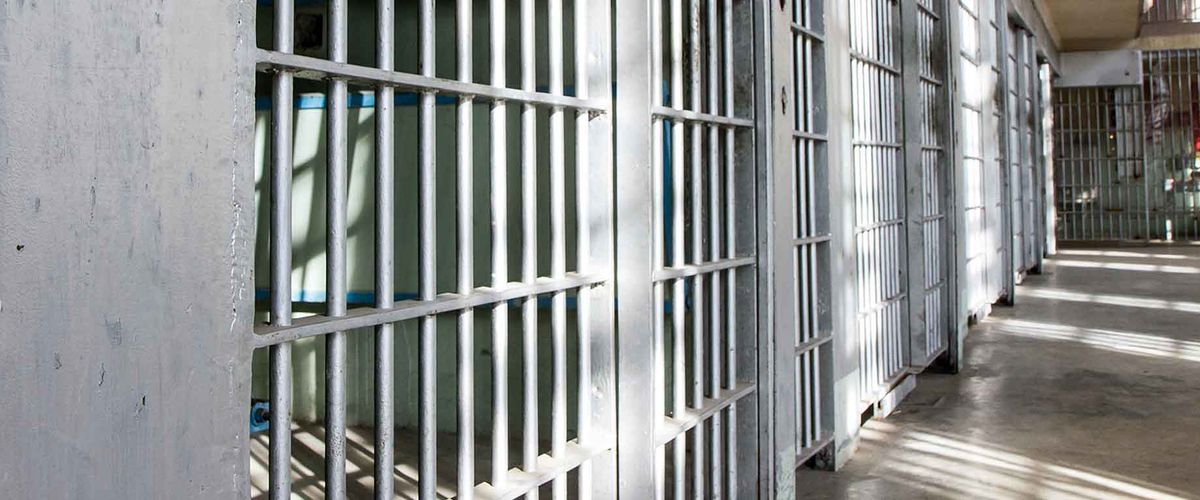Criminal Justice Faculty Examine BU Prison Education Program’s Legacy of Social Justice
This past November, MET professors of criminal justice Dr. Mary Ellen Mastrorilli and Dr. Danielle Rousseau were invited to join BU’s Slone Epidemiology Center to lead a midday Brown Bag Seminar focused on MET’s Prison Education Program (PEP), underscoring its legacy as a purposeful effort by BU to champion greater social justice.
When activist Elizabeth “Ma” Barker founded BU’s Prison Education Program in 1972, it came in recognition of the great social good that can come from empowering the incarcerated with tools of improvement. “Prisons that don’t help people change their lives aren’t tough on crime. They’re tough on society,” she once said.
Today, the Prison Education Program offers incarcerated individuals in the Massachusetts prison system, specifically MCI Framingham and MCI-Norfolk, the opportunity to pursue personal growth via higher education. Between 1990 and 2019, 403 total degrees have been conferred via the program. As the MET criminal justice faculty attest, efforts like these are integral to a more just society.
“Working towards reform in our carceral system is of fundamental importance,” Dr. Rosseau says. “When somebody is incarcerated, it just doesn’t impact that individual. There is this impact that continues through generations and a trauma that exists and is carried through those generations.”
But those challenges are not limited to only entering the penal system, according to Dr. Mastrorilli, who chairs of MET’s Department of Applied Social Sciences. After serving once’s sentence, being reintroduced to the world presents its own cadre of difficulties.
“The very act of reentry is traumatic for incarcerated individuals. There is overstimulation. There is lack of support. There is judgment from others,” she says. “In fact, the carceral system is just one part of it.”
Taking the long view on rehabilitation, and recognizing the limits of sentences, Mastrorilli evokes Ma Barker. “Punishment is lifelong when released incarcerated individuals have difficulty finding jobs, have difficulty pursuing their education, and are disenfranchised and things like that,” Mastrorilli says. “Through [this] program, we’re able to go in and provide courses for credit for these incarcerated men and women so that once they get released, they can continue that pathway.”
In the Slone presentation, Mastrorilli and Rousseau shared findings enumerating the program’s benefits for the lives of students, as well as improved behavior in the prison community. Seeing positive results in others, and better instances of reintegration to society, was also cited as part of the program’s promise.
Teachers serving as models of positive communication and connection also provide tangible hope through metrics like improved outlook, social standing, and encouragement. Instructors themselves drew firm value from the program, with one writing that teaching college in prison “has been one of the transformational teaching experiences of my career in terms of student enthusiasm, curiosity and commitment to course work.”
Every education is an effort towards a better future, and with the Prison Education Program, BU MET affords even those who have made crucial mistakes the chance to improve themselves and the world around them.
And as Dr. Mastrorilli sees it, that talisman of hope, no matter the darkness, can provide much-needed light. “If you’re serving life without parole, and you’ve got a degree from Boston University, you serve as a stabilizing effect inside the walls,” she says. “You serve as a mentor to other incarcerated individuals. We just have to get away from our short sightedness and look long-term in terms of what we’re doing in terms of punishing people for crimes.”
Find slides from the presentation, BU’s Prison Education Program: A Legacy of Social Justice, below.
